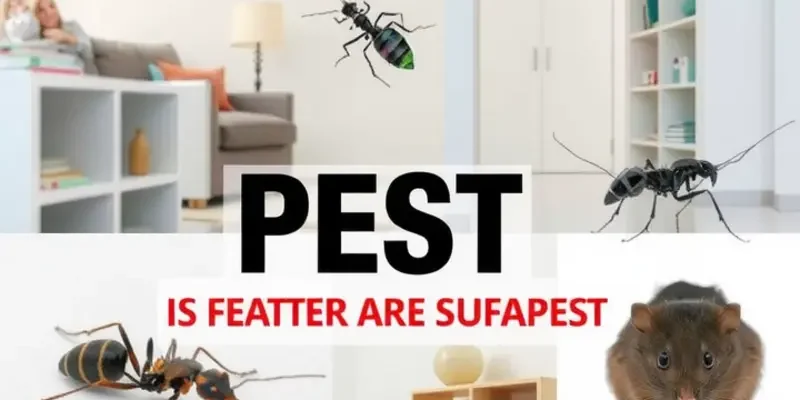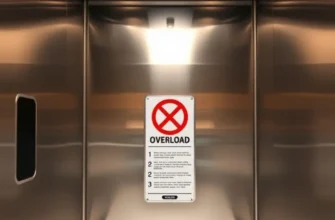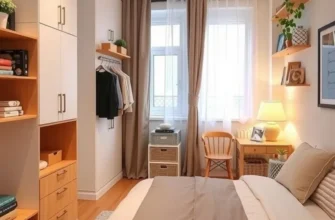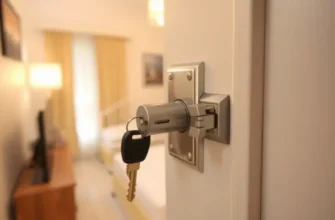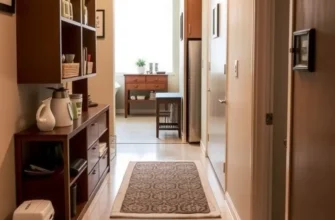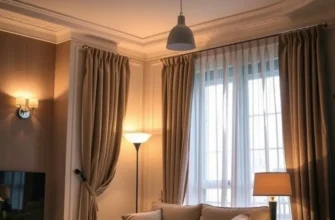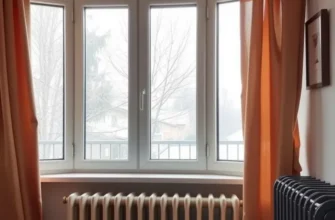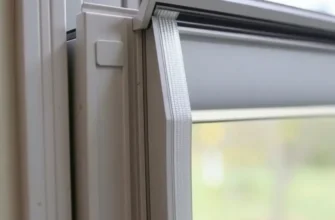Living in an apartment offers many benefits, but it can also come with a few unexpected nuisances — pests. Whether it’s ants, cockroaches, or rodents, the presence of pests can create an uncomfortable living situation. For renters, addressing these issues promptly and effectively is crucial for ensuring a safe and secure home. Fortunately, there are practical solutions that prioritize your well-being while being easy to implement and maintain. This guide will provide you with valuable insights into effectively managing these unwelcome guests, allowing you to enjoy your apartment without the dread of infestations. With the right strategies, you can tackle pest issues head-on and reclaim your space with confidence and peace of mind.
Understanding Common Apartment Pests
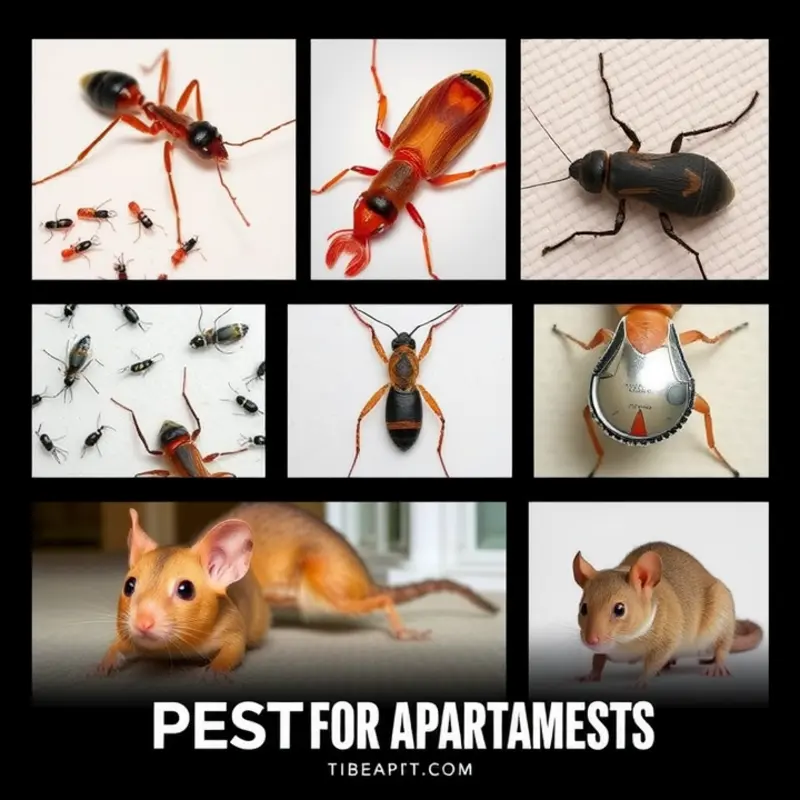
Sharing a building with others means you might also share common pests. Apartments often attract a variety of unwanted creatures due to their dense living situations and shared spaces. Here’s a deep dive into the common culprits, their behavior, and the health risks they pose.
Cockroaches are perhaps the most notorious apartment pests. They thrive in warm, moist environments and can often be found in kitchens and bathrooms. These insects are nocturnal and shy away from light, making them difficult to spot. Beyond being unsettling, cockroaches can trigger allergies and asthma. Their droppings and shed skins contain allergens that affect sensitive individuals.
Rodents, such as mice and rats, are another concern. They tend to invade apartments in search of food and shelter. Rodents can cause significant property damage by gnawing on wires and furniture. Health risks associated with rodents include the potential spread of diseases like Hantavirus and Salmonella. Their droppings can also contaminate food and surfaces, posing further health threats.
Bed bugs have witnessed a resurgence and can easily infest apartments. These tiny, elusive pests feed on human blood, usually at night. Despite not transmitting diseases, their bites cause itchy welts and significant discomfort. Bed bugs spread quickly, making early detection crucial to prevent a full-blown infestation.
Ants are more than just a nuisance. While they’re often harmless, species like the carpenter ant can cause structural damage. Ants are generally attracted to sweets and greasy foods, so securing food storage can prevent invasions. Some ants can bite or sting, causing discomfort or allergic reactions in sensitive individuals.
Prevention Tactics
Preventing pests in an apartment requires vigilance and proactive measures. First, maintain cleanliness. Regularly clean your kitchen, taking care not to leave food out. Use lidded bins for garbage and store food in sealed containers. Seal cracks and crevices around windows, doors, and baseboards to prevent entry.
It’s equally important to address any moisture issues, as many pests thrive in damp environments. Fix leaking pipes and ensure good ventilation in bathrooms and kitchens. Additionally, communicate with your landlord or property manager about any maintenance issues requiring attention.
For those seeking to enhance their living environment further, consider learning more about proper HVAC care for renters. With effective measures, you can significantly reduce the likelihood of hosting unwelcome pests. Taking these simple steps can make a big difference in maintaining a pest-free apartment.
Hassle-Free Pest Control Solutions for Renters
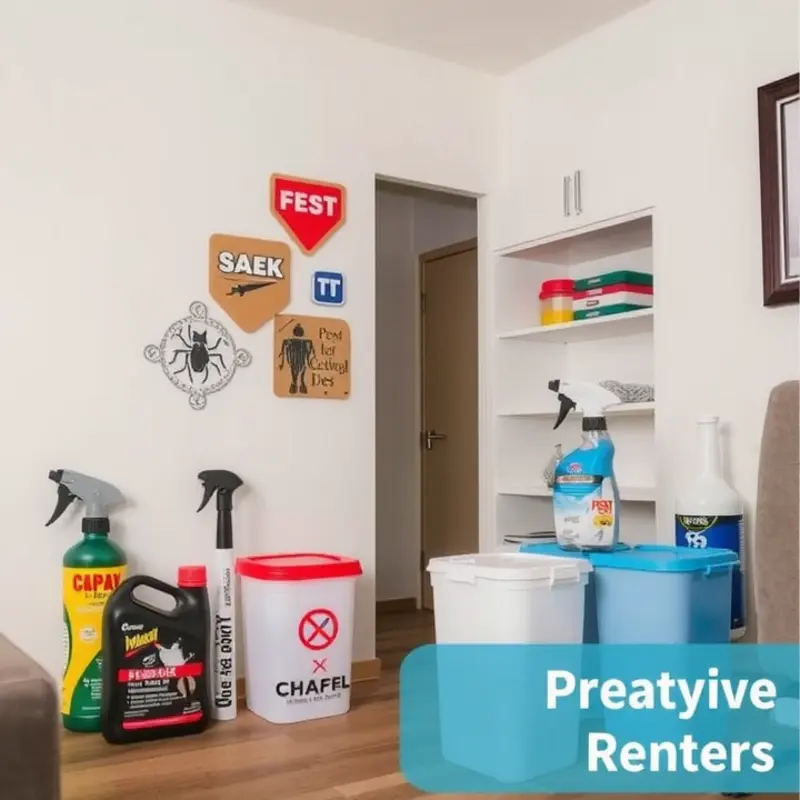
Living in an apartment often comes with the challenge of managing pests without the benefit of owning the property. Effective pest control must balance safety, ease of application, and lease compliance. Here, we explore maintenance-friendly methods that prioritize safety and effectiveness, from DIY solutions to professional interventions.
DIY pest control methods can be cost-effective and eco-friendly. Start by identifying potential entry points for pests. Seal cracks and crevices using caulk to prevent insects from entering. Use organic deterrents such as peppermint oil or vinegar sprays, which are safe for humans and pets yet effective against ants and spiders. Baking soda mixed with sugar can deter cockroaches, while diatomaceous earth is a non-toxic powder effective against fleas and bed bugs.
Understanding when to call a professional is crucial. Minor infestations can often be managed with DIY solutions, but persistent or large-scale pest issues require expert attention. For health and safety reasons, any evidence of rodents, termites, or bed bugs should be reported to the property manager immediately. Most landlords are obliged to address these issues, ensuring treatment complies with local health and safety legislation.
Additionally, investing in preventive measures can significantly reduce pest occurrences. Regular cleaning routines prevent pests attracted to food residues or trash. Ensure dishes are washed promptly, floors are swept, and garbage bins have lids and are emptied regularly. Store food in airtight containers, especially items like cereals and grains, which moths and beetles find attractive.
Adequate moisture control is equally important. Pests like roaches and silverfish flourish in damp environments. Keep bathrooms well-ventilated and fix leaks promptly. Consider using a dehumidifier in particularly damp areas. For tips on maintaining other systems vital to a pest-free environment, check out our air filter replacement guide.
Renters must also be mindful of lease terms regarding pest control. Some leases prohibit certain chemicals or trap types, so confirm with the landlord before initiating treatments. Additionally, if pets are part of your household, ensure that pest control methods are safe for them. This includes avoiding specific insecticides and opting for pet-friendly alternatives.
By combining these approaches, renters can effectively manage pests with minimal hassle. Prioritizing safety and effectiveness not only prevents infestations but also ensures a pleasant and healthy living environment.
Final words
In conclusion, maintaining a pest-free apartment is not only essential for comfort, but also for your health and security. By familiarizing yourself with common pests and adopting practical solutions, you can successfully manage any pest-related challenges that may arise. Remember, proactive measures such as keeping your living space clean and implementing safe pest control strategies can significantly reduce the chances of infestations. Should you encounter persistent problems, don’t hesitate to seek out professional help. Your apartment is your sanctuary; protect it with confidence and ease, ensuring a comfortable living environment for yourself and your loved ones.

